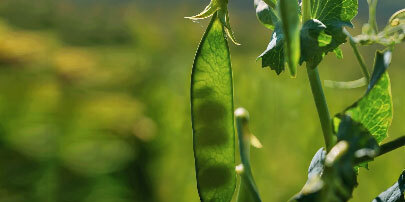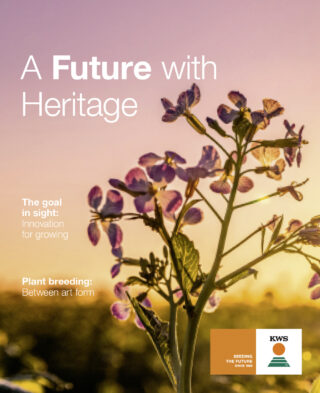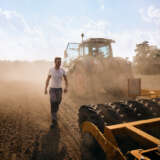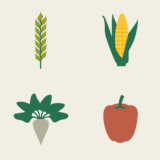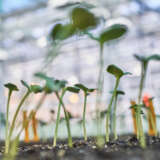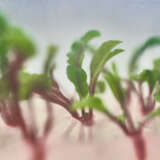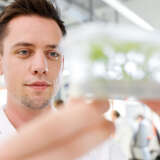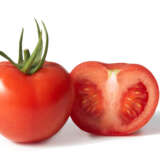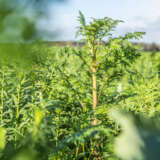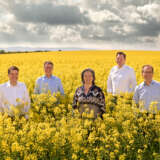Our ambitions.
Our milestones.
Our targets.
Sustainability? It starts with the seed.
The world’s population is growing, the climate is changing and resources are becoming scarcer – the global challenges are substantial. Especially for the farming sector. As one of the world's leading seed specialists, we are convinced we can and must make a significant contribution toward finding solutions for sustainable farming that are also economically viable. The diverse KWS portfolio of cultivated plants has been helping to reduce the use of pesticides, fertilizers and other agricultural resources in fields for decades. At the same time, it is helping to safeguard and increase urgently needed yields. But we are not simply satisfied with the status quo: Sustainable, foresighted thinking and action have been part of the KWS DNA since 1856. We have developed a clear ambition and have defined specific targets that we want to reach by 2030.
